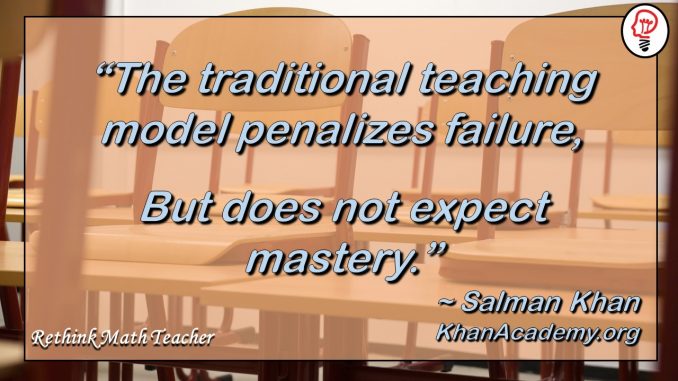
“The traditional teaching model penalizes failure, but does not expect mastery.”
~ Salman Khan, of KhanAcademy.org
If you had told me several years ago, that my teaching style penalized students for failure and that it didn’t expect my students to master the concepts I was teaching, I would have been flabbergasted! Looking back, I now see that that was an accurate assessment.
My teaching style consisted of a very good instructional time, where I walked students through how to do the skill. I gave lots of examples, showed videos, and used manipulatives. I even told creative stories to help students think about the concepts being presented in abstract terms.
After my innovative teaching time, we did independent practice with lots of feedback, including me helping students by circulating the room before we moved on to a formal assessment.
Teach. Practice. Feedback. More practice. All things that students need to master mathematical concepts.

The problem was with what happened after that.
After students were given a formal assessment, sometimes in the form of a worksheet, or homework, or a quiz, I progressed ALL of them to the next concept; regardless of whether or not they had mastered the concept we just were working on.
What was the point of the assessment?
An assessment is supposed to show you who has and has not, mastered the material. But what do we do with that information after we have it?
Me? I simply progressed everyone to the next standard.
Don’t get me wrong, we reviewed the test and I showed everyone their mistakes. And I made sure to keep the skills fresh in my students’ minds by including it in my circular review every day or week.
But what about the students who had not mastered the skill?
Well, we moved on. I mean, I can’t hold the whole class back on account of the minority of students who hadn’t mastered the skill.
When a student hasn’t passed an assessment, that shows that they have not mastered it. They didn’t fully “get it.”
So what do they need? Well, maybe they need to be retaught the skill. Maybe they just need additional practice. Maybe there’s some prerequisite skill that hasn’t been mastered that’s preventing them from doing the grade level work… The list goes on. But the bottom line is, when I moved them on to the next skill, I was communicating to them, loud and clear, that they didn’t have to learn that previous skill – we were moving on anyways.
Often, math concepts build upon each other. So if that previously learned concept was foundational to doing the next skill – which it often is – I was progressing these students to another standard, knowing that they wouldn’t be able to master it either.
Truly, mastery was not important to me.
What I should have done was remediated those students, providing them with more time and practice on the same skill – and perhaps a reteach – so that they could master that concept before moving on.
Objection
When I tell people this, they immediately object, “But then I will have students working on different skills at the same time!”
Yes, you will, and yes you should!
This way, you don’t abandon your weaker students, nor do you hold back your stronger ones.
How it’s done
This can be accomplished through learning stations. Every day, in my class, we have a period of time dedicated to ‘learning stations,’ where everyone is working on a different skill that they need to master so that they can get up to grade level.
In their learning stations, they are given a reteach and as much practice as they need to master the skill that they are working on.
Learning From Mistakes
When students are allowed to stay in a station until they master a skill, without hurting their grade, it helps teach them to learn from their mistakes.
We learn by making mistakes. It teaches us what not to do and why.
We arrive at mistakes through experimentation and trying different methods. This is a healthy practice – which promotes creativity and may lead to new discoveries.
Unfortunately, in school, especially in math class, we often penalize students for making mistakes.
Don’t get me wrong, it’s important to know whether or not the solution we have is correct or not. And it’s helpful to offer motivations for students who work hard and learn the material.
However, when students get the wrong answer or don’t get a good grade – which means they haven’t mastered the skill, are we penalizing them for this? Or are we giving them the opportunity to learn from their mistakes?
Not Penalizing Failure
The old way that I was teaching, which I spoke about in the opening paragraphs – that traditional method – had me teaching students a skill, assessing them, and then moving on to the next skill.
As mentioned, those who did not master it were being moved on even though they weren’t ready. Furthermore, because they needed more practice, or hadn’t yet mastered a skill, I was punishing them with bad grades (as well as with moving them on to the next skill though they were not prepared to work on it).
The Power of Yet
Growth Mindset is becoming a very popular thing in education today. Which I am more than happy to promote. But we teachers have to let this movement influence us as well.
In the previous section, I said that “the student had not yet mastered it.”
YET.
Yet is a powerful word. I try to help my students use it when they say things like, “I’m not good at math,” or “I don’t get it.” We just add ‘yet’ to those sentences and it completely changes the meaning.
But we educators have to buy into this as well.
If we’re telling the student that “you don’t get it YET,” we must give them more time and opportunity to master the skill.
Learning Stations can Accomplish This
I use learning stations to differentiate my instruction. So I have different students working on different skills at the same time. This is how I give my students as much time as they need to work on a skill. And I keep them in that station until they master it, so that I am not punishing them for their mistakes, but giving them as many opportunities as they need to master it.
Want to learn how to create these Learning Stations? Click here
Free Resource – Growth Mindset Poster
This post is one of ten in the Uncommon Teacher Challenge. Each post in this challenge comes with a free resource.
Download this free poster below to print and share with your students!
Click the image, or click here, to get a free download of the Power of Yet Growth Mindset Poster
Want more great strategies and resources to help you reach all your students?
Then take the Uncommon Teacher Challenge.
This challenge has 10 resources, as well as 10 teaching strategies, given over 10 emails in 10 days that will help you positvely impact all your students.

More Articles to Read
- Uncommon Teacher Challenge
- 7 Reasons to Differentiate your Instruction
- What is Differentiated Instruction
- Challenging Your Stronger Students While Reaching Your Weaker Ones
- How to Differentiate Instruction in Your Math Class
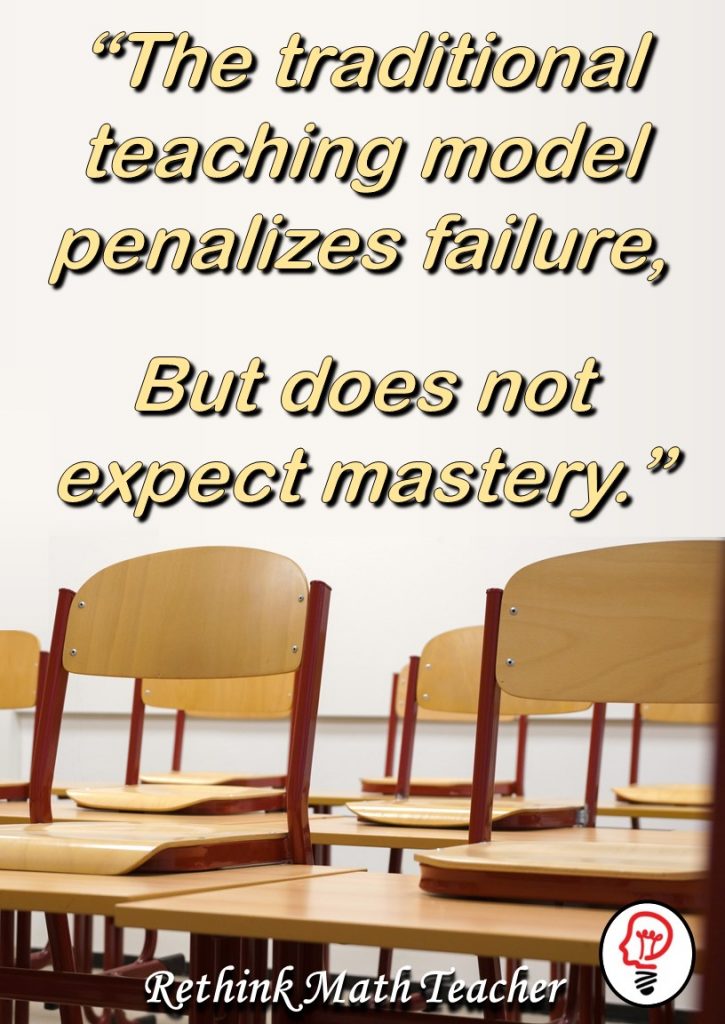
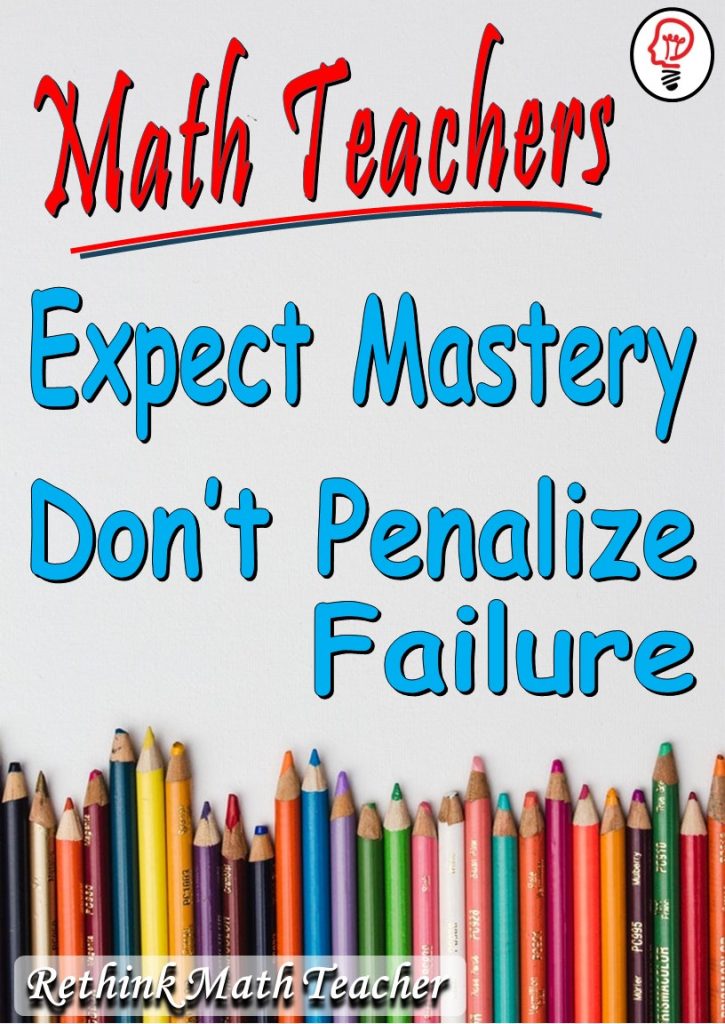


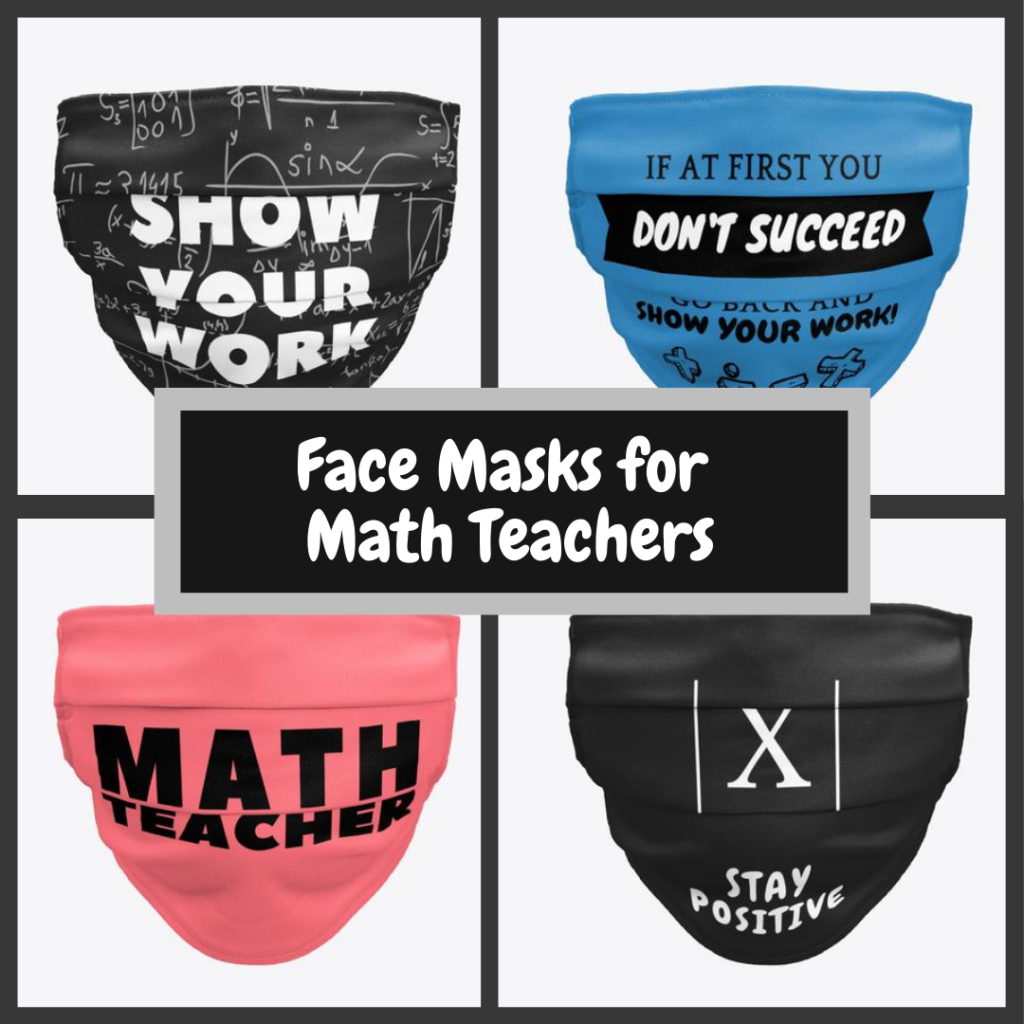
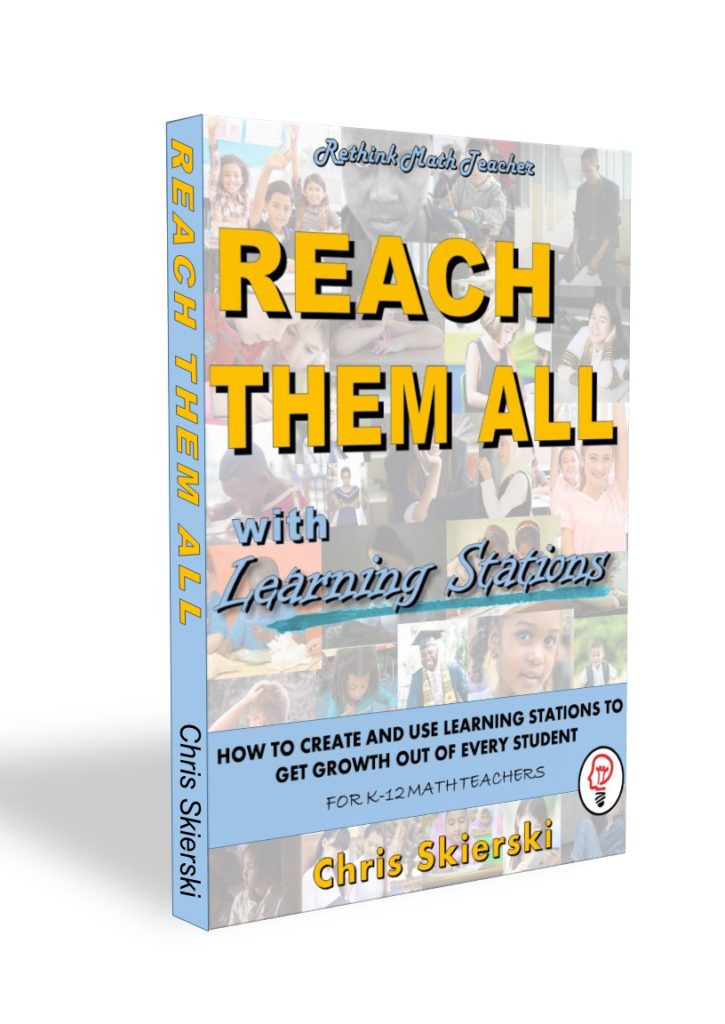
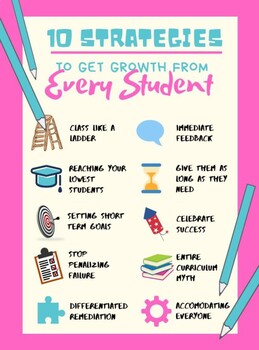
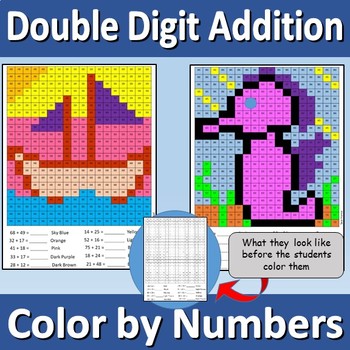
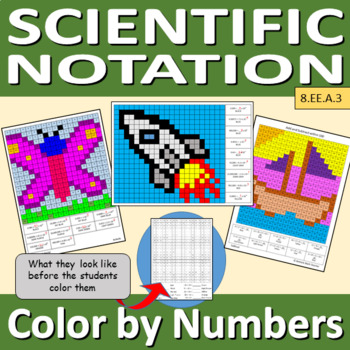
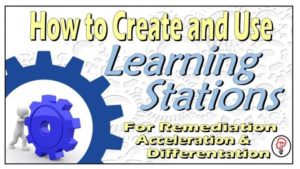
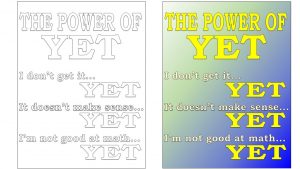
Shared this to get the conversation started with colleagues.
Haven’t moved everyone~YET!
That’s awesome. Keep us posted on the results. I hope your part of our Facebook group (just started). Click the link below and share your story with all of us. https://www.facebook.com/groups/174707683441112/